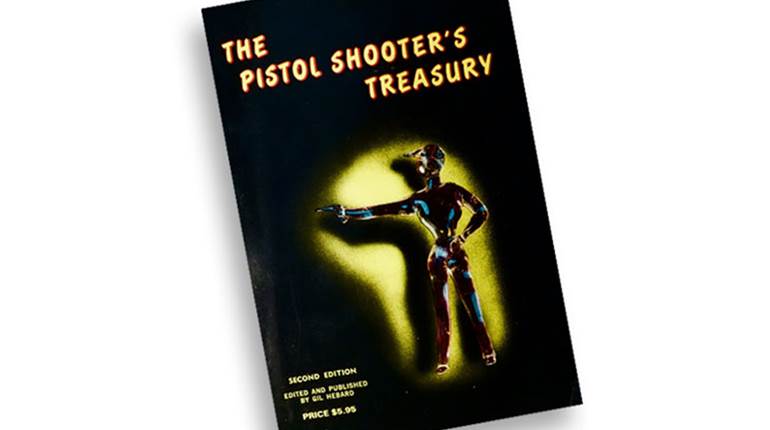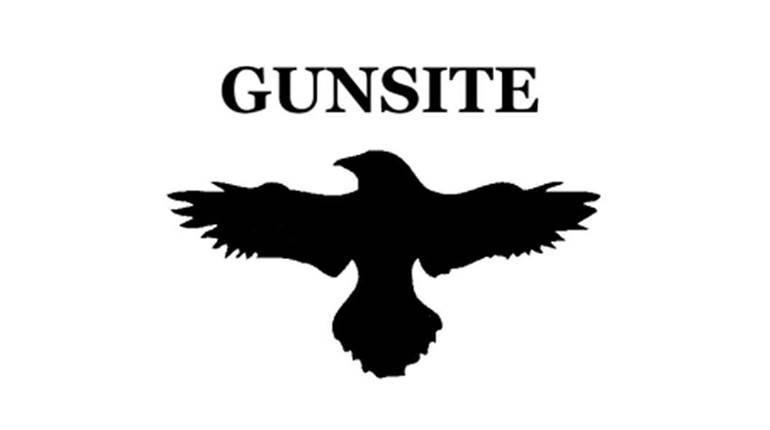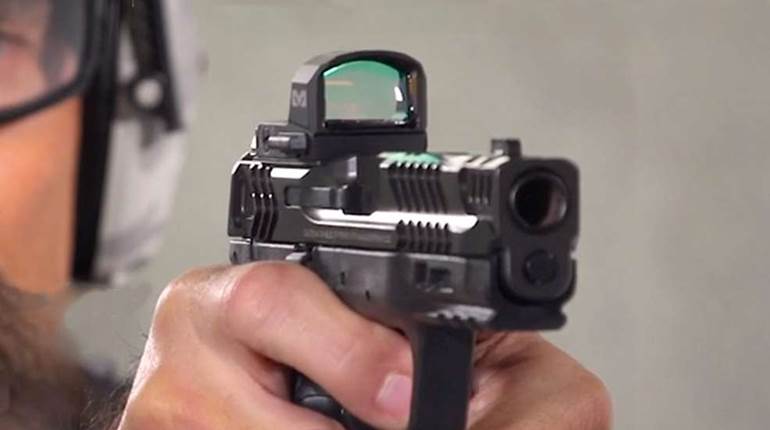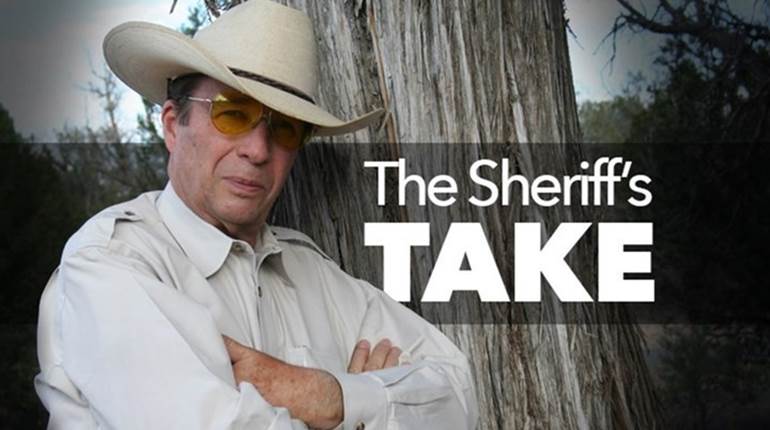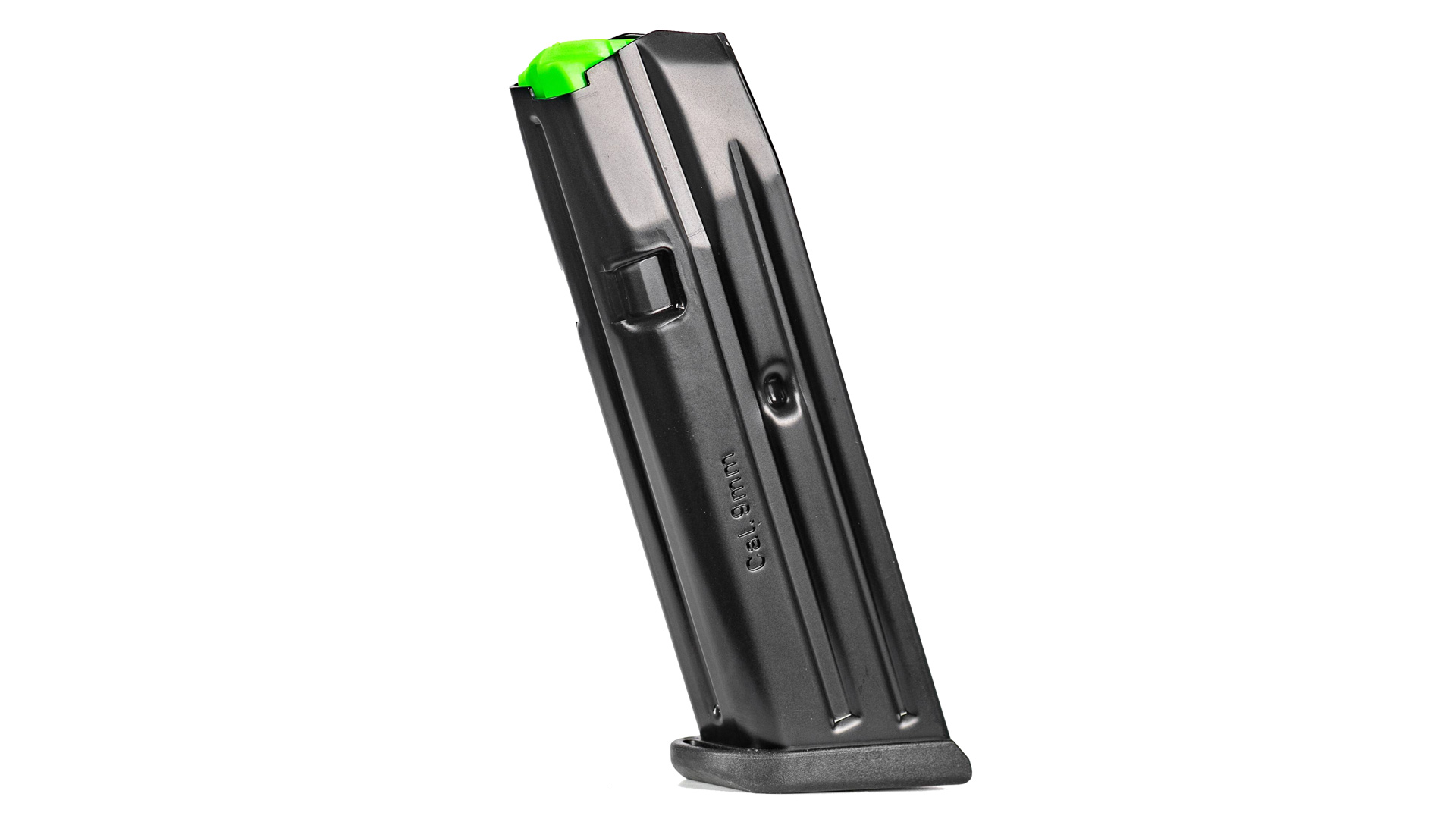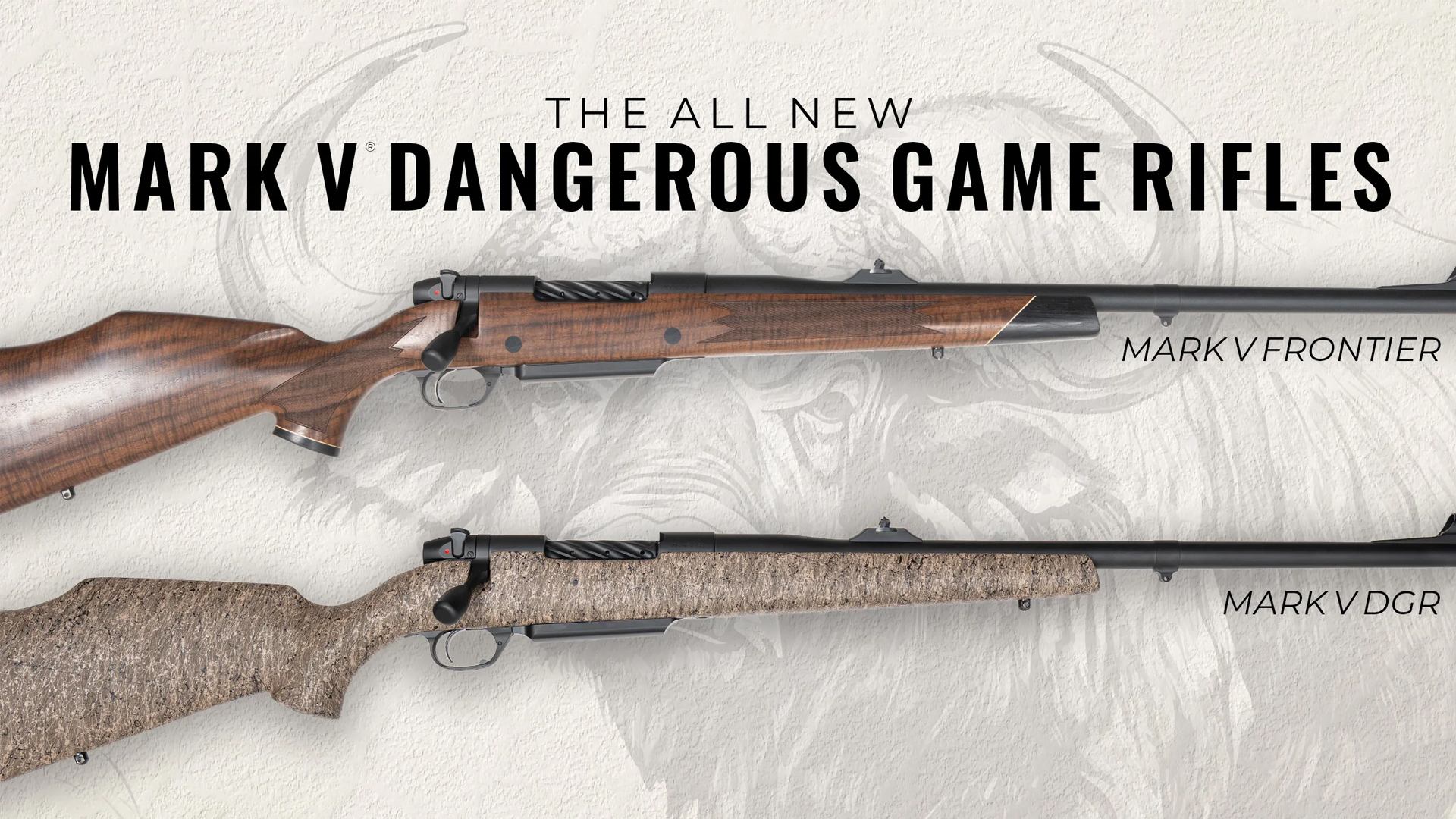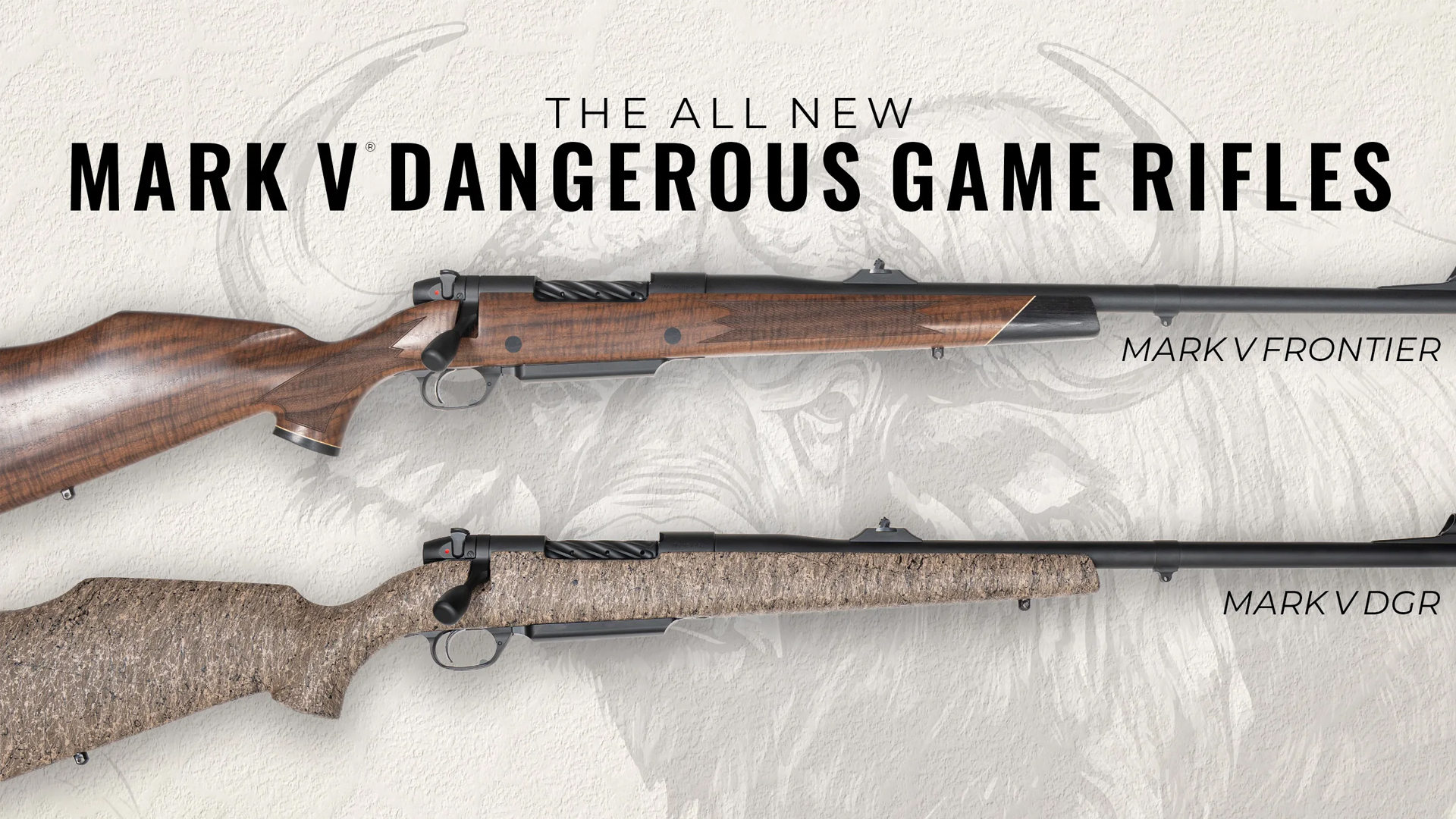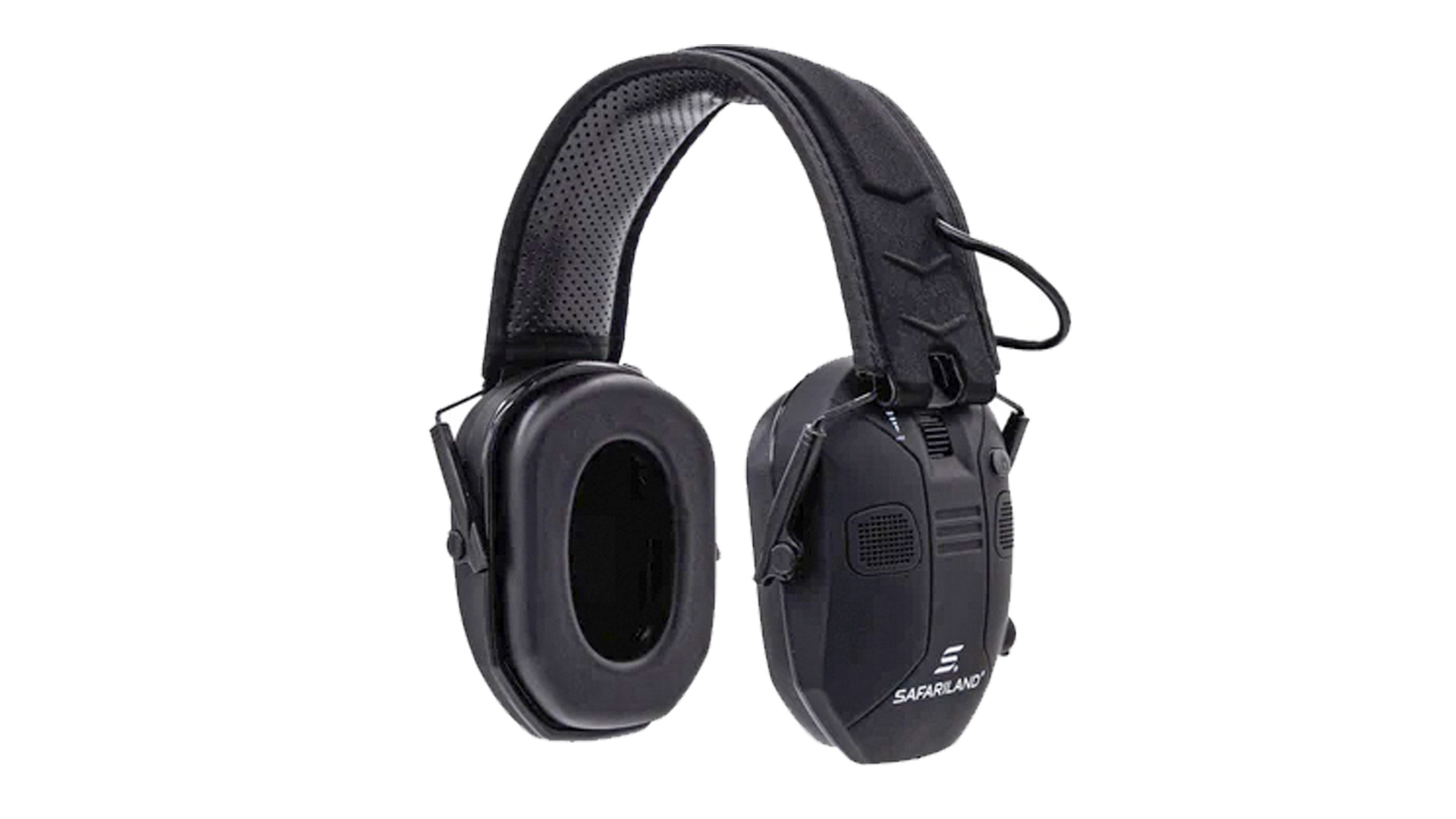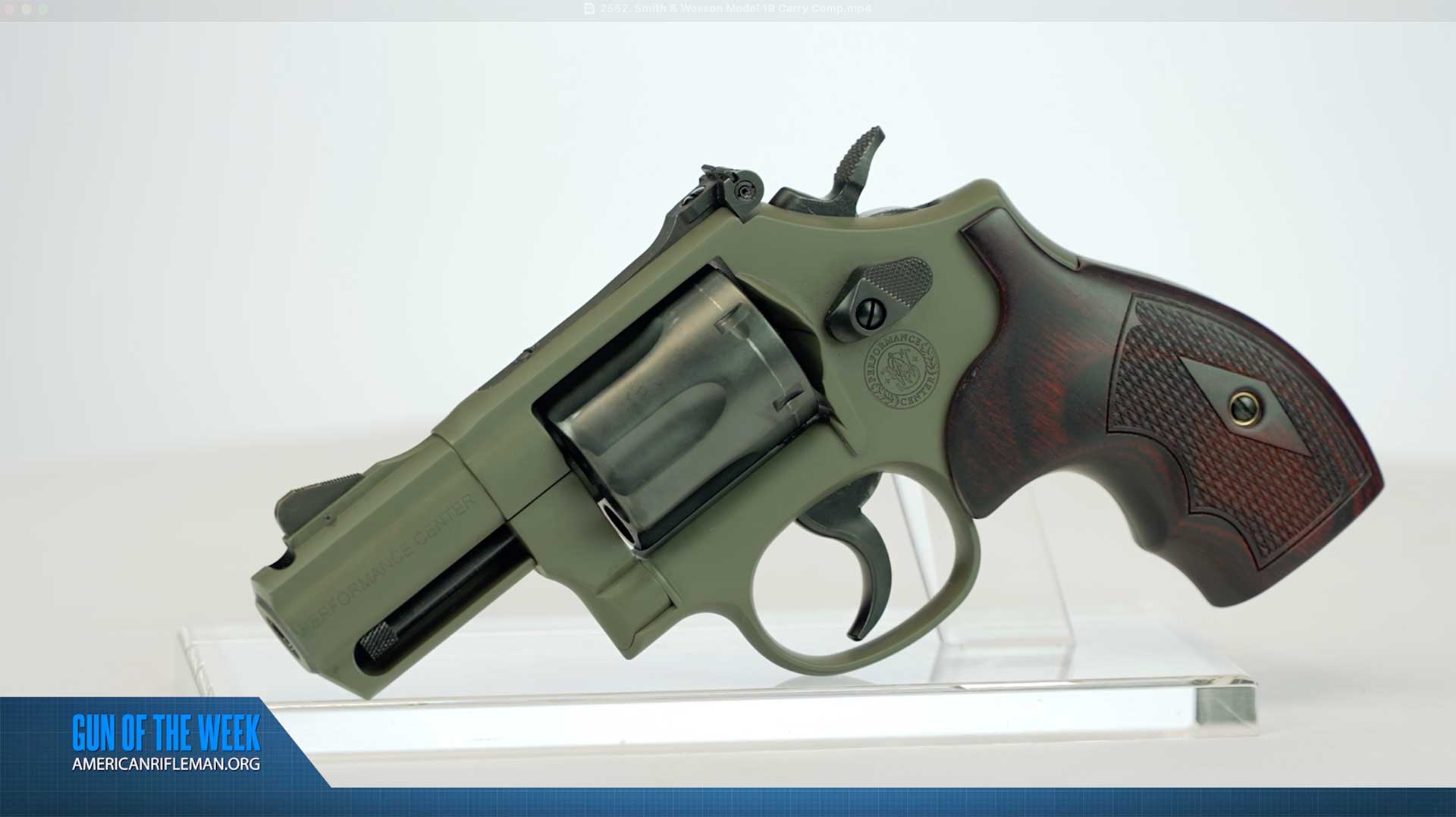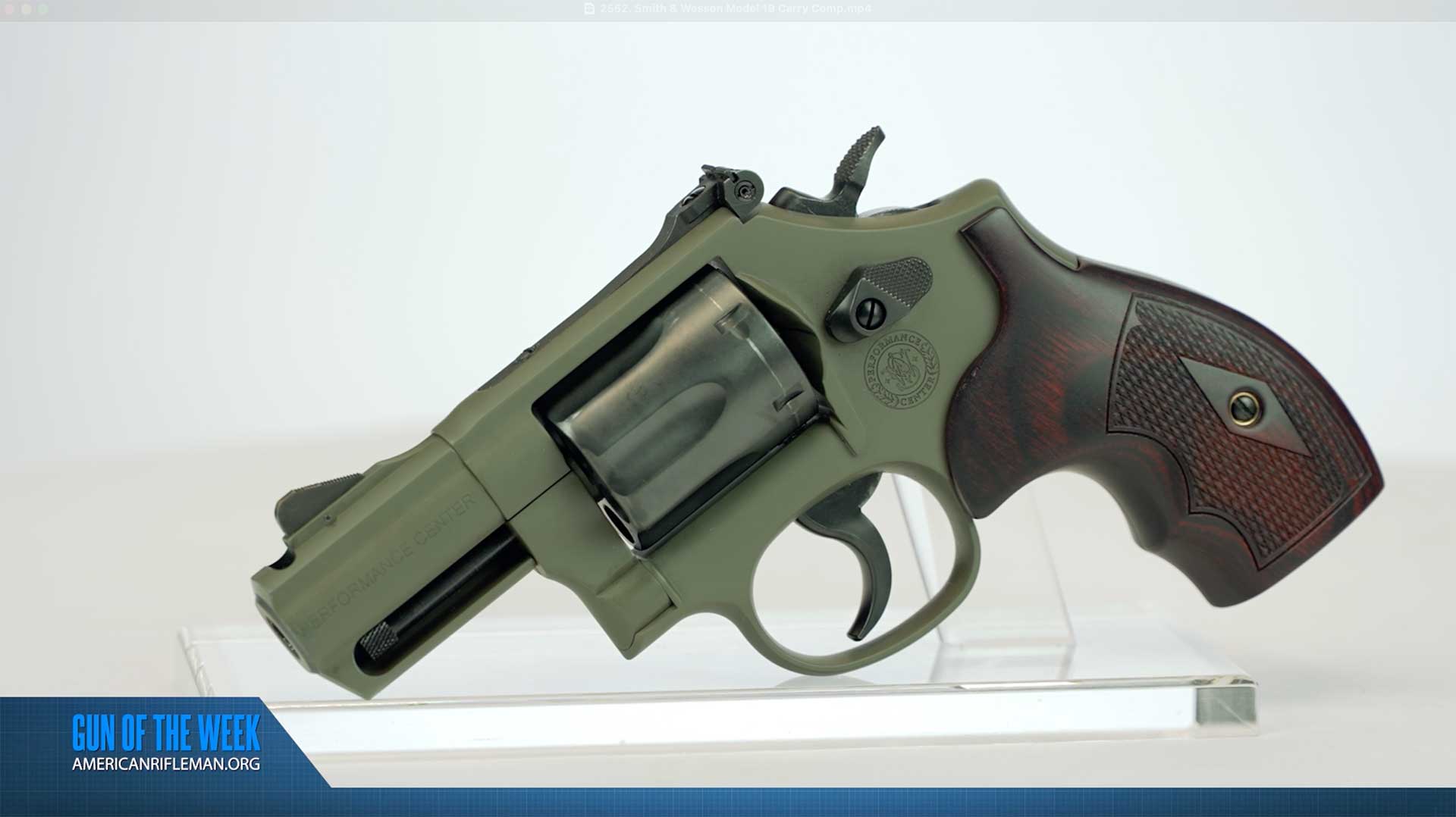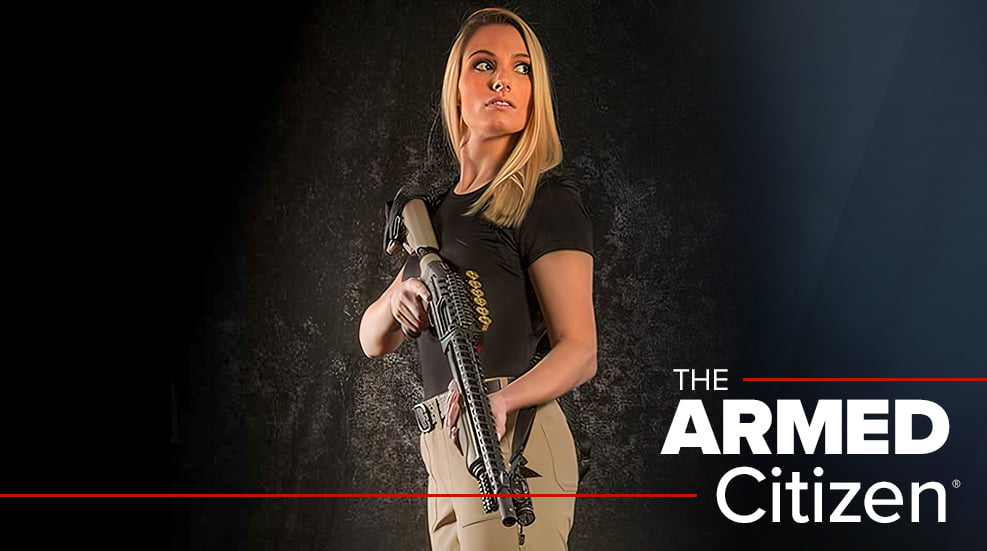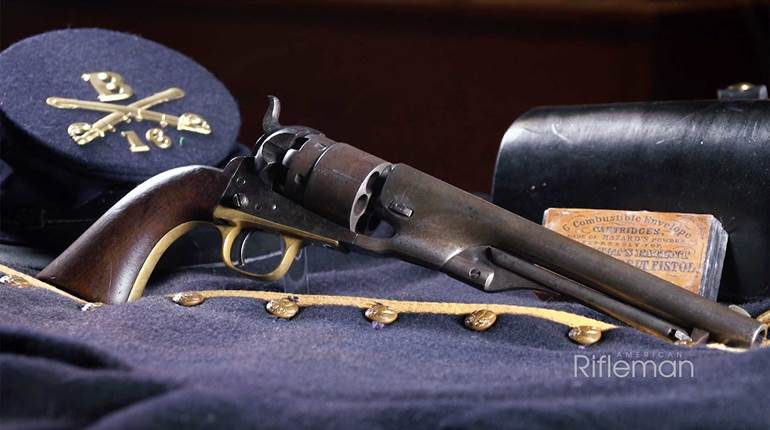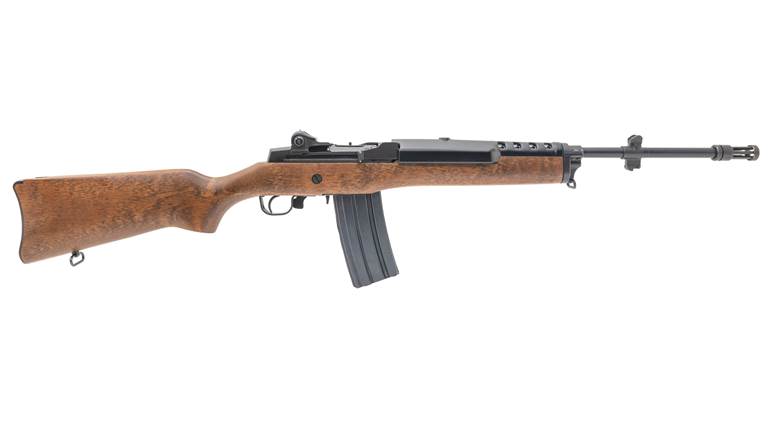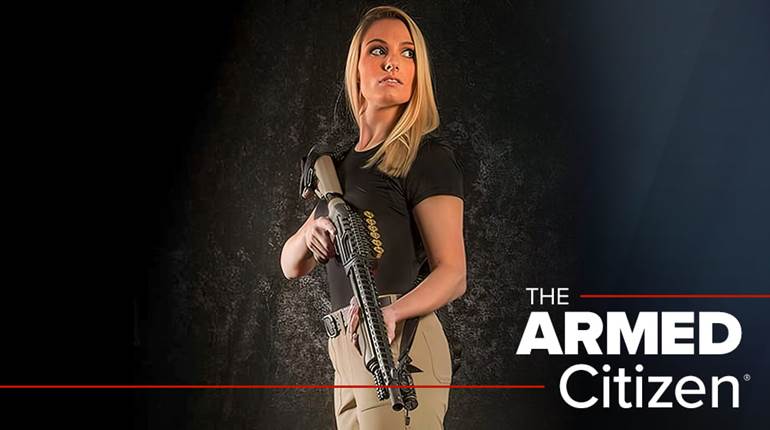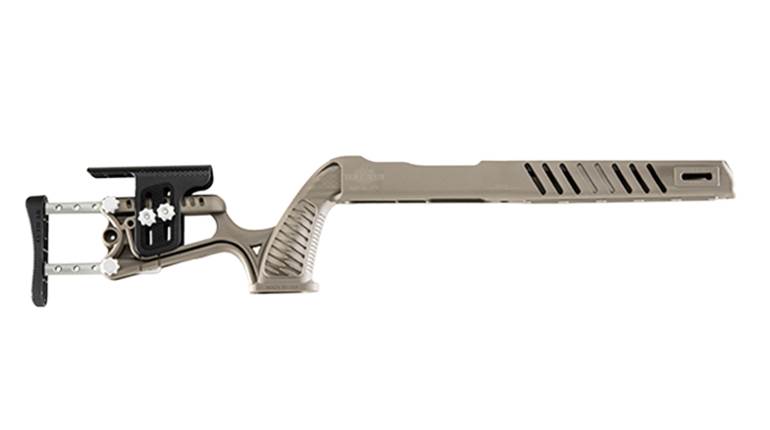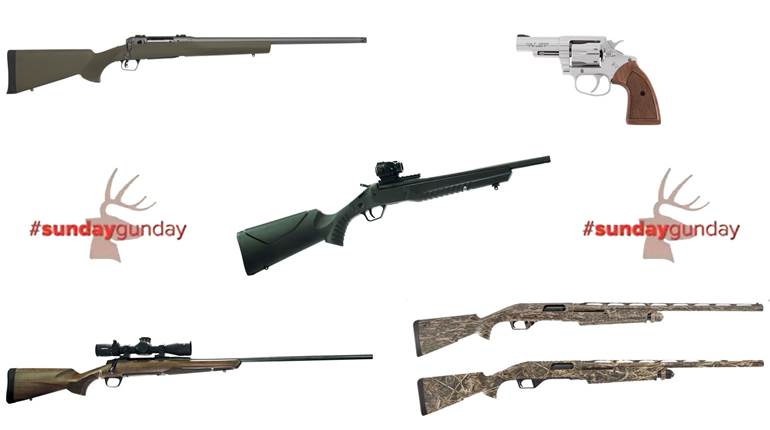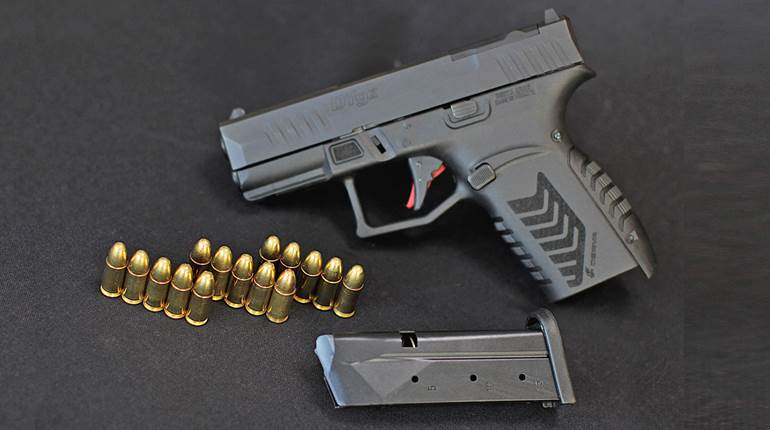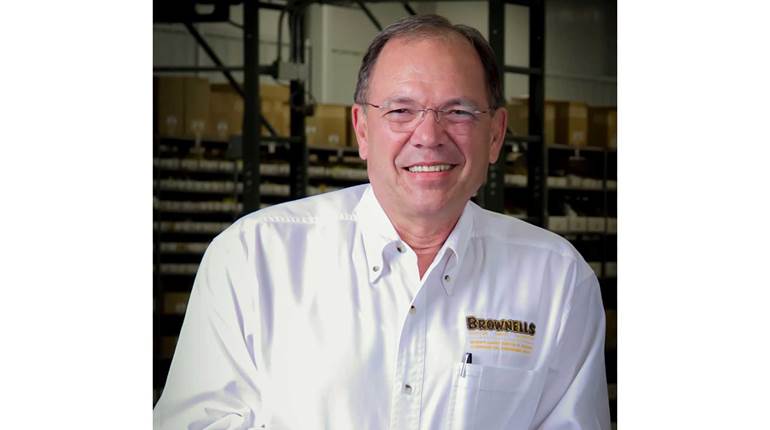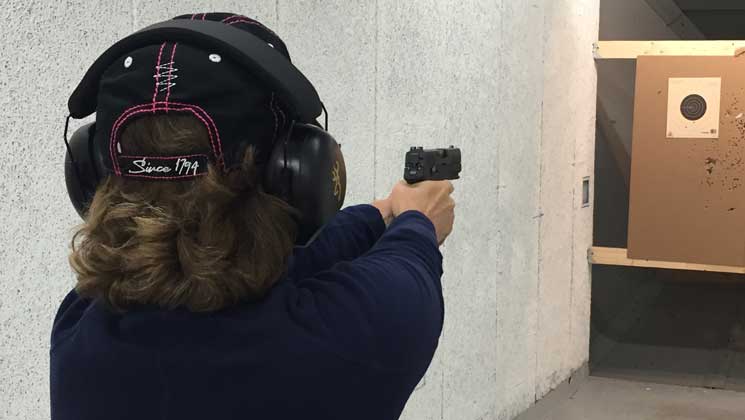
Those of us who already have some experience and some defensive training are always glad to see family members and friends realize that they need it too. In many cases, they will look to us for advice and guidance, especially in the early days of their defensive education. Here are some suggestions for helping a new shooter take those first baby steps.
The basic foundation for anything involving firearms has to be safety. We have no right to expect that new shooter to become the next Wild Bill Hickok or Annie Oakley, but we do have the right to expect them to be safe. They should never endanger themselves or others. You see all kinds of safety rules posted and some of them are so long and numerous that no one can be expected to remember them or, in some cases, understand them. Col. Jeff Cooper, the founder of Gunsite, came up with the best set that I have ever seen because they cover everything in four easy-to-remember sentences.
- All guns are always loaded.
- Never let the muzzle cover anything you are not willing to destroy.
- Keep your finger off the trigger until your sights are on the target.
- Be sure of your target and what is behind it.
The second most important thing in helping a new defensive shooter is to encourage him or her to get professional training. You will notice that I didn't say they should get the cheapest training. Nor did I say they should get training from your buddy just down the road because he is closer and it is more convenient. You get what you pay for and, when your life may be at stake, it's a good idea to get the best. 
In addition, the new shooter should understand that getting his or her concealed handgun license is like graduating from kindergarten. Their defensive education is all ahead of them. We are blessed with the fact that there are quite a number of good defensive schools in operation today. And our ability in defensive shooting is directly affected by how much we take advantage of that fact. An even better idea is to take a class with this new shooter, so that you both speak the same language, understand the drills and know what kind of practice is recommended.
As a friend and adviser to a new shooter, we are often asked to help them with the selection of a first defensive handgun. This is not the time to suggest that they buy the newest and coolest handgun on the market today—which is often, by the way, the gun that we just happen to be lusting for. It is far better to point them toward a quality-made gun that fits their hands and that they seem to understand.
A friend of mine recently asked me for help with this issue. Before making a suggestion, I asked a few questions about her background with guns and found that she often carried her sister's .38 Spl. revolver when visiting the sister's farm. For this reason, I suggested that she try a Smith & Wesson .38 Spl. She liked it, bought it, and qualified easily for her CHL license.
As her defensive education continues, she might very well trade that revolver in on a striker-fired pistol, a 1911, or some other kind of defensive handgun, and that is just as it should be. The more she learns, the better-suited she will be to select something that might work better for her. But, in the meantime, she has a good, quality handgun that is perfectly capable of saving her life.
Another important consideration is the need to be patient with the new shooter's ability to learn and his or her advancement in mastering defensive shooting skills. Too often we forget how difficult it was for us when we first started and we expect too much, too soon, from someone who is just starting out. As a general rule, our learning abilities reach a number of plateaus as we go along. Simple, basic things are difficult at first, until we master them and are ready to move to the next level of challenges. As our friend's defensive guide, we do them a real service by keep the practice sessions short, positive and enjoyable. Improvement has nothing to do with how many rounds you fire in a session. It has everything to do with learning and reinforcing good defensive shooting habits.
Finally, it is extremely important that we sit down with the new shooter and discuss defensive scenarios and how to deal with them. In doing so, we help them to have a better understanding of criminal attacks and how to build a personal defense plan to deal with those moments of violence. With our help, they will begin to understand that the effective use of a handgun is just one part of the whole personal defense picture.
Helping a new shooter get started reminds us of the people who helped us when we were new to defensive shooting. If you are like me, most of those good folks are no longer with us. But we can thank them by paying it forward and helping others. It is one of the most important things that we can do to ensure that the Second Amendment remains alive and well for years, and generations, to come.












